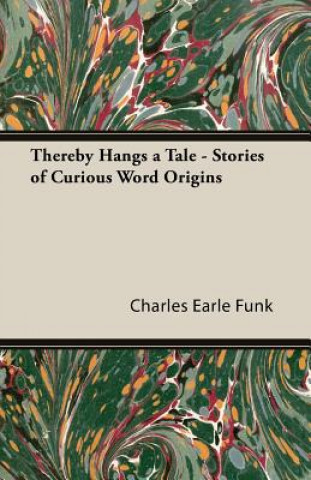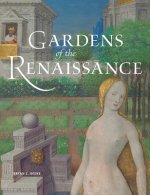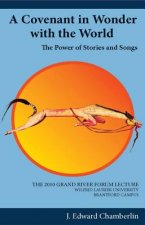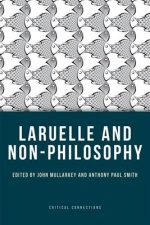
Livrare
Consilier de cumpărături





Nu se pretează? Nu contează! La noi puteți returna bunurile în 30 de zile
 Voucher cadou
orice valoare
Voucher cadou
orice valoare
Cu un voucher cadou nu veți da greș. În schimbul voucherului, destinatarul își poate alege orice din oferta noastră.
Thereby Hangs A Tale - Stories Of Curious Word Origins
 engleză
engleză
 99 b
99 b
30 de zile pentru retur bunuri
Ar putea de asemenea, să te intereseze


THEREBY HANGS A TALE Stories of Curious Word Origins Charles Earle Funk, Litt. D. PERENNIAL LIBRARY Harper Row, Publishers New York, Cambridge, Philadelphia, San Francisco London, Mexico City, Sao Paulo, Singapore, Sydney To B. M. F. Who patiently and often has listened to many of these tales, this book is lovingly dedicated. PREFACE THIS book Is the outcome of a collection of material that has been slowly accumulating over the past thirty years or so, since the time when, under the guidance of the late Dr. Frank H. Vizetelly, I began to work as his associate in the editorial department of the Funk Wagnalls New Standard Dictionary. The ancestry of most of the words that we now use glibly or find in books or other cur rent literature, is prosaic. We can trace their lines of descent back to Old English, or Old French, or Latin, or Greek, or other ancient source, but beyond the bare bones supplied by etymologists, which indicate those sources, and the steps by which they became English words, the dictionaries tell us little f or there is little more that can be told. The ancient Roman or Greek, say, who may have been the first to use a word that has strayed on to us, perhaps could have told the story of its origin. It may have been picturesque, based upon some historic episode, like the word anecdote, it may have come from a tale in some older language, for the languages that we consider ancient were themselves based upon still more ancient sources, but that story, if any, cannot now be determined. Thus what we know about the origins of the great majority of the words In our present language can be found in an unabridged dictionary or in a work dealing with etymologies, such as that compiled by W. W. Skeat about seventy years ago, or the one more recently prepared by Ernest Weekley. But there are in our current language a number of fairly common words some old, some new which were born, or grew, or ac quired their meanings in an unusual manner. They came, as our language has, from all sources sources of which the dictionaries, for lack of space, can rarely supply more than a clue. These are the tales that I have been collecting and which are offered here. A number of them may be already familiar to some readers, such as the origin of tantalize, from the Greek legend of the punishment vm - meted out to Tantalus by the wrathful Zeus, or echo, from the fate of the perfidious nymph of that name. Such tales, though familiar to some, are included here for the benefit of those to whom they may be new. But I have found that few but scholars in the language know how the word clue, which was just used, acquired its present meaning that the Portuguese gave us coconut because, to their sailors in the sixteenth century, the nut resembled a coco, a grinning face that sylph was a coinage of that master charlatan or genius, depending upon the point of view, the sixteenth-century alchemist, Paracelsus that we owe our terms chapel and chaplain to the cloak or cape worn by the fourth-century monk, St. Martin that the name Easter was taken from a pagan goddess, and that the names of the days of the week denote dedication to ancient pagan gods. Whenever it has been possible, the stories are historical that is, for example, facts in the life of St. Martin are briefly stated to explain why his cloak was venerated the occasion for the coinage of sylph by Paracelsus is summarized a brief account tells why magenta commemorated a battle short sketches of the invasions of the Vandals and Tatars account for such words as vandal, tartar, and horde-, highly abridged biographies of such persons as the Scottish engineer, John L. McAdam, the Scottish chemist, Charles Macintosh, and others, tell why their names were adopted into the language an explanation is deduced why the French general, Martinet, became a byword in English, but not in French the historical circumstances that introduced the word nepotism are related, and so on, and so on...
Informații despre carte
 engleză
engleză




 Cum să cumpăr
Cum să cumpăr


























